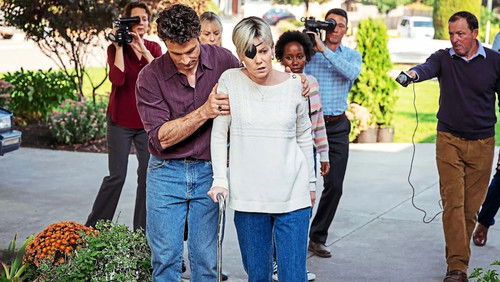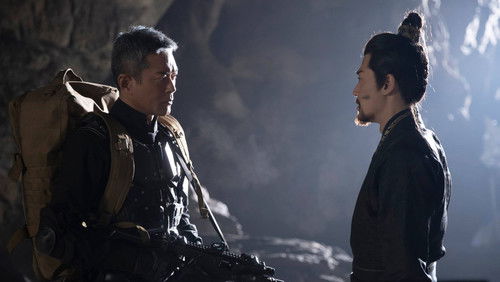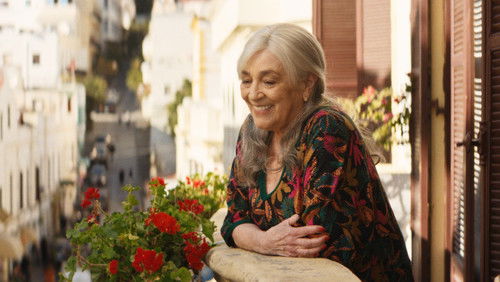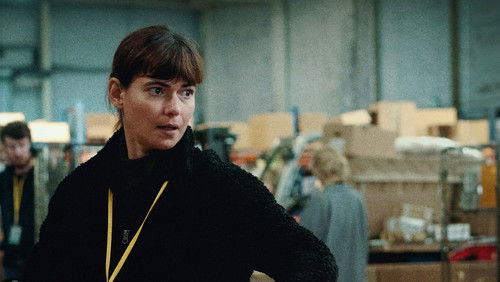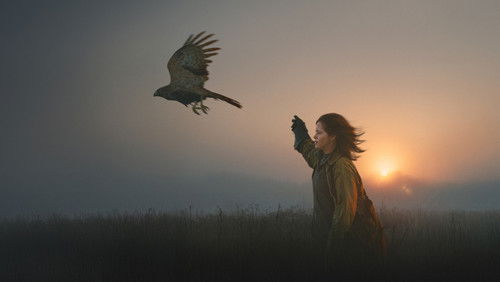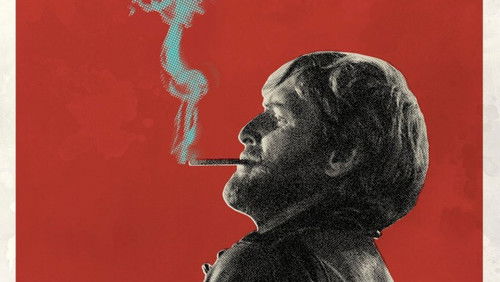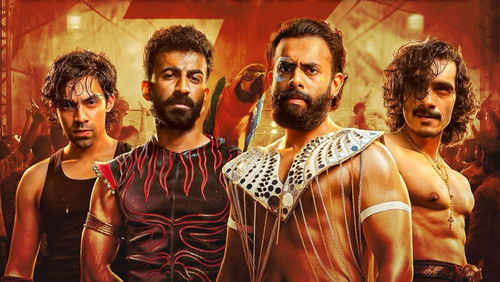Queimada – Insel des Schreckens (1969)
28KQueimada – Insel des Schreckens: Directed by Gillo Pontecorvo. With Marlon Brando, Evaristo Márquez, Renato Salvatori, Dana Ghia. During a slave revolt in 1844, a British mercenary helps an Antilles island colony gain its independence from Portugal, but years later he returns to manhunt a local rebel army leader and former friend.
“Marlon Brando here perfects the portrayal of an upper class Englishman that he first essayed in Mutiny on the Bounty. His British agent, Sir William Walker, is patrician, duplicitous, sardonic, manipulative, charming – the embodiment of perfidious Albion. This exploration of colonialism is one of the better films Brando made in the sixties, if not the best. In it he was able to realise his long-expressed wish to make films of a serious, political nature and this one, which charts Britainu0026#39;s involvement in a Portugese colony in the Antilles during the mid 19th century, offers an unequivocally Marxist analysis of the struggle for freedom on the part of the black sugar cane workers. Gillo Pontecorvo, the Italian director, had previously made the much admired Battle of Algiers on the theme of French colonialism.u003cbr/u003eu003cbr/u003eWalker is sent to the island of Queimada on two occasions in furtherance of British interests in the sugar trade. Initially he is employed by the Admiralty to incite a rebellion against the Portugese and install an independent government. Ten years later he returns, this time on behalf of a major sugar company, to destroy the rebel leader he himself has created.u003cbr/u003eu003cbr/u003eWalker, however, is an ambivalent figure, only too aware of the contradictions in his nature. His stance is that of the professional who tries u0026#39;to do a job well, and to see it throughu0026#39;. At the same time, he admires Jose Dolores, the rebel leader, and is contemptuous of those not fighting alongside him. (u0026#39;Why arenu0026#39;t you up there with them on the Sierra Madre?u0026#39; he asks a bemused government soldier.) When his successful counter-insurrection leads to Jose Doloresu0026#39; capture, Walker offers him the chance to escape execution, and is then puzzled by his refusal. As a man without political conviction, Walker cannot comprehend it in others.u003cbr/u003eu003cbr/u003eThe film is not without its flaws. Some fairly ruthless cutting leaves the plot difficult to follow on first viewing. The middle section, accounting for the intervening years in Walkeru0026#39;s life, is unconvincing. If he is a disillusioned man, reduced to drinking and brawling (through self-loathing?) there is no sign of it on his return to Queimada. And whatever happened to his next assignment in, ironically, Indo-China?u003cbr/u003eu003cbr/u003eThe rest of the multi-national cast are no match for Brando, who has most of the dialogue and is seldom off screen. Jose Dolores, for example, is played by a young Colombian who had never seen a film before, let alone acted in one, and the imbalance between the two performances is all too evident. Pontecorvo orchestrates the big crowd scenes well, and they have the documentary feel of Battle of Algiers, but they cause the film to swing unevenly between action and ideas.u003cbr/u003eu003cbr/u003eMaking the film was apparently an unhappy experience for all concerned. Shot mainly in Colombia, working conditions were appalling with the cast and crew subject to illness, bad weather and threats of violence. With Italian, French, English and Spanish speakers involved, there were major problems of communication. Brando and Pontecorvo had different views on the main character – the director wanted him portrayed as an unmitigated force of evil while Brando pushed for more light and shade – and relationships between the two deteriorated rapidly. Filming was finally completed in Morocco after Brando, who was at a very low ebb in his life, walked off the set and threatened to quit the production altogether.u003cbr/u003eu003cbr/u003eDespite its flaws, it remains a fascinating film, with a literate script, a strong anti-racist message and a central performance of great intelligence and wit. Why has it never been released on video in the UK?”
